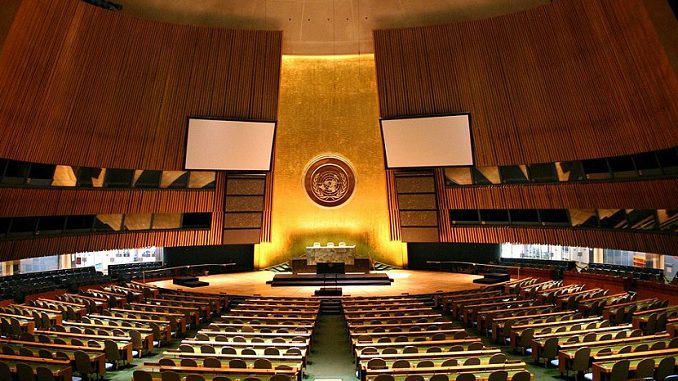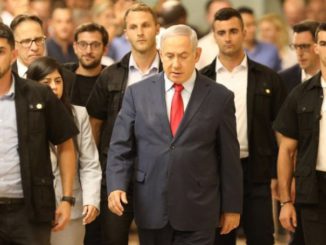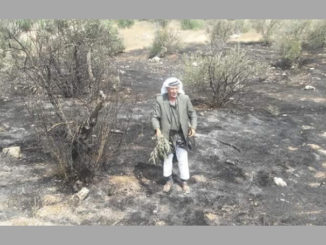
By Ramona Wadi
The debate on whether Palestinians should be granted international protection continues. Adalah’s November 2018 Report to the UN Independent Commission of Inquiry on the 2018 Protests in the Occupied Palestinian Territories says that, since Israel “failed to exercise its criminal jurisdiction over those responsible for the violation of such serious crimes”, thus upholding impunity, there is a “pressing need for international actors to take action to provide remedies and accountability for Palestinian victims of the 2018 protests.”
As Israeli snipers killed and maimed Palestinians participating in the Great March of Return protests, calls for international protection increased. In June, the UN General Assembly adopted a resolution on protecting Palestinian civilians which required the UN Secretary-General to submit a report within 60 days with proposals on how to implement the resolution. Much more than 60 days have passed and the Palestinians still have neither António Guterres’s proposals nor international protection.
While the theory might sound in order, the reality reveals how macabre it is to trust in UN institutions. There are many discrepancies between human rights and institutions which have trapped many NGOs concerned with such rights into playing a role that is dissociated from the people they are supporting. Some have aligned with the UN’s interests, preferring the rhetoric of allegations rather than outright allegations that Israel is committing war crimes for all to see.
Other NGOs are attempting to secure the protection of Palestinian rights within a framework that is already corrupted. The result is that the recommendations, although made in the best interests of the people of Palestine, are likely to go unheeded or, if implemented, will still be detrimental to those they are meant to help due to the international community’s upholding of Israel’s colonial agenda.
If human rights serve the institutions’ purposes and not the people, reaching out to the international community for the protection of Palestinians is as farcical as expecting Israel to demonstrate its accountability. The UN created the foundations for Israel’s impunity and the truth is simple; upholding Palestinian rights will unravel the organization’s stability due to the fact that it will have to face its trajectory of violence inflicted upon the Palestinian population.
There is thus no international protection for Palestinians. If NGOs and activists continue to look towards the international community for help, they will be maintaining another cycle of complacency in which the echelons that can make a difference will continue to pass defunct resolutions to add to the UN archives. Human rights violations have continued in part precisely because the world has been coerced into looking towards the privileged to allow rights to trickle down. The UN and human rights are synonymous, so it is important to dispel that narrative and expose the organization’s role in maintaining the cycle of human rights violations.
One way to do this is to refrain from seeking international protection that will in any case never be forthcoming. If the international community really wanted to protect Palestinians, it would have done so years ago. Moreover, looking for solutions from the same entities that encouraged the colonization of Palestine in the first place (and continue to do so), does not empower the Palestinians.
The only way forward is to shatter the façade encouraged by the UN and find ways of supporting Palestinians from within. If the UN really cares about human rights, it should step down off its pedestal and, for a change, follow the meaning of liberation from within the Palestinian narrative, not Israel’s. Until it is ready and willing to do that, seeking protection for the Palestinians from the international organization only empowers and emboldens the criminals.
– Ramona Wadi is a staff writer for Middle East Monitor, where this article was originally published. She contributed this article to PalestineChronicle.com.







